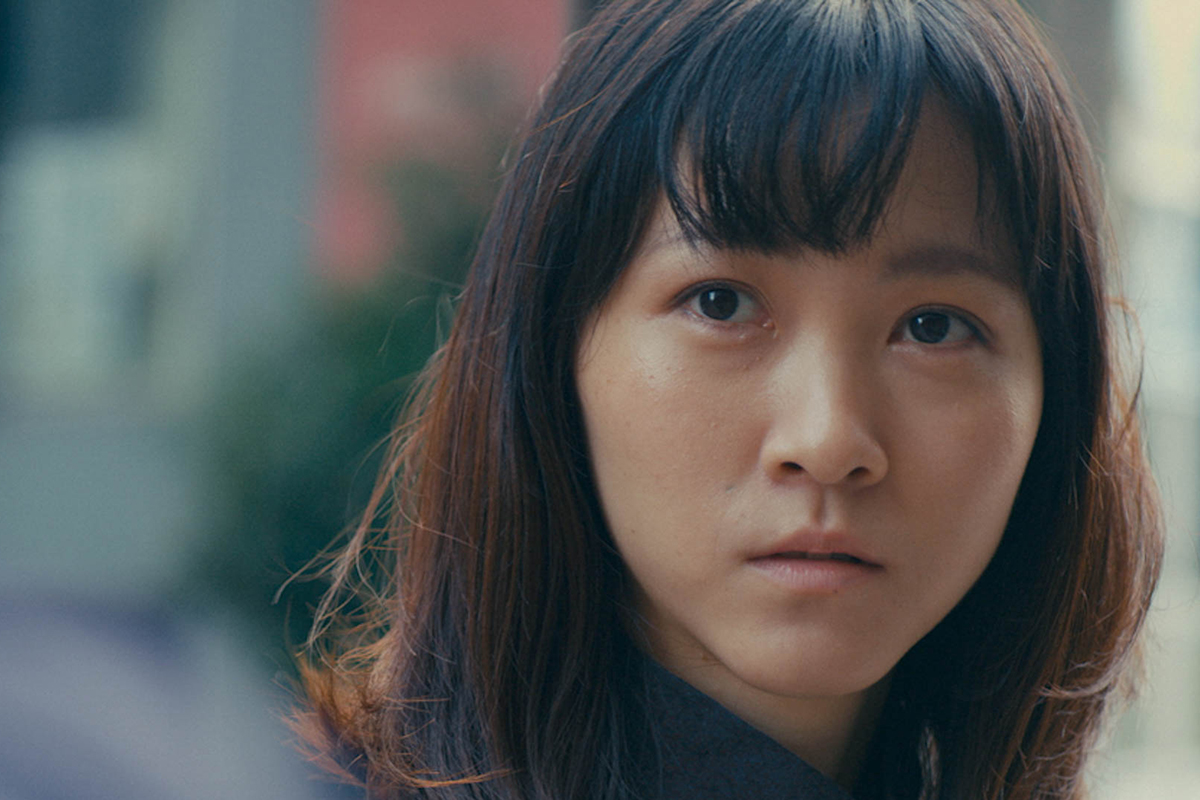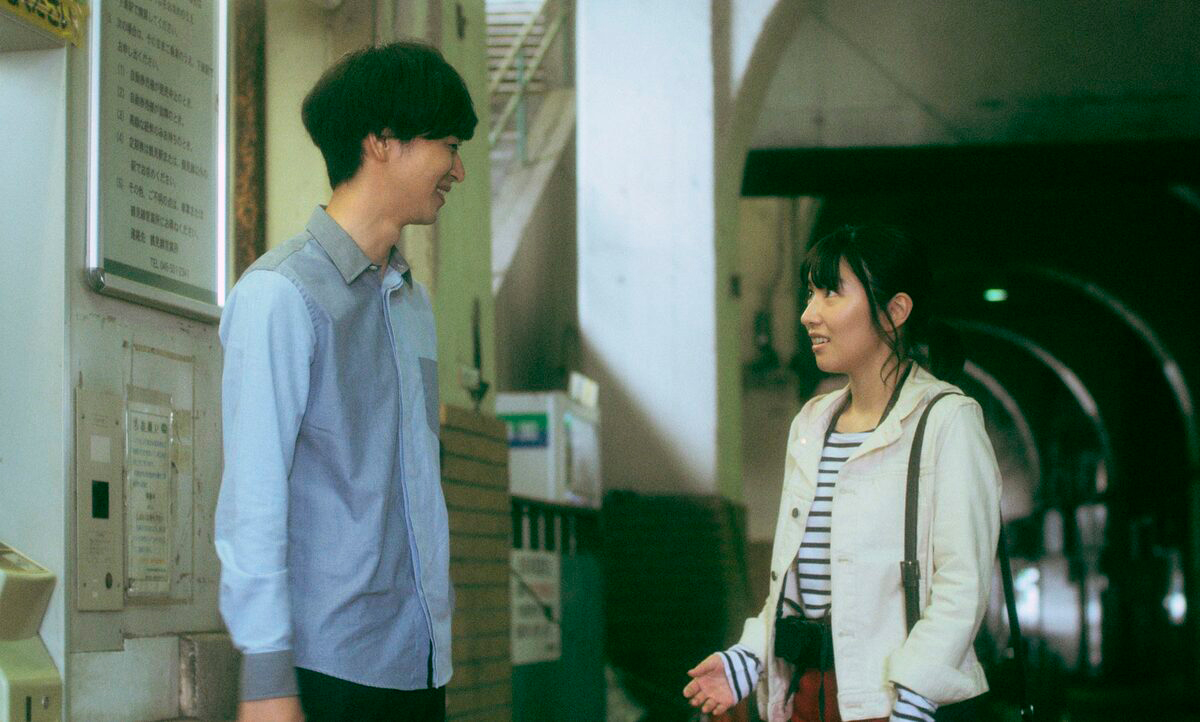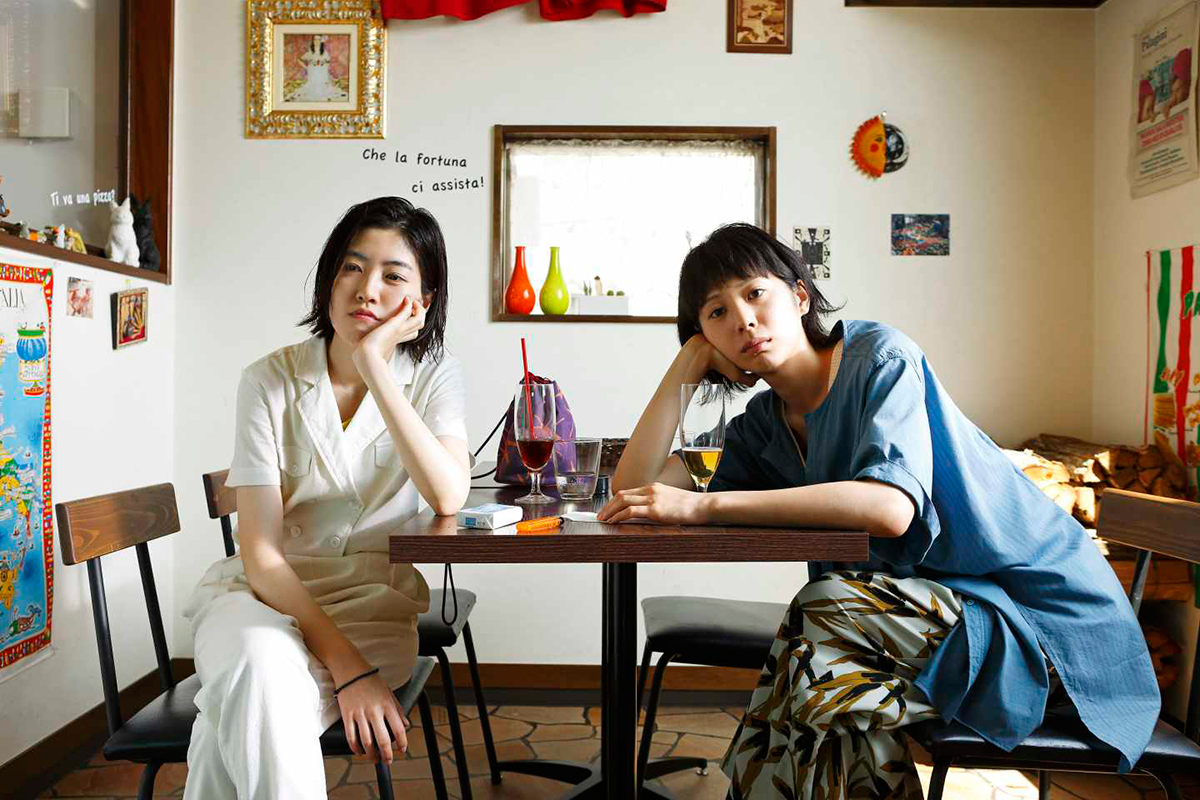Indie Forum 2020
The 2020 Osaka Asian Film Festival took place under the shadow of COVID-19. Though at the time of this writing (April 7th, 2020) the Japanese central government is preparing a state of emergency in seven prefectures, Osaka itself had already been dealing with rising cluster infections and stricter protocols since early March. The organizers made the difficult choice of holding the festival due to immutable commitments, but cancelled scheduled symposiums, social events, and most importantly post-screening Q&A’s. Concerns about COVID-19 aside, scheduling once again prevented personal attendance this year, but thanks to the festival’s press relations representative and with the cooperation of the filmmakers, the 2020 Indie Forum lineup could be evaluated through remote viewing. The 2020 Indie Forum offered a lineup with common themes of self-identity, broken families, and social anxiety. Whether or not the programming staff intentionally chose to select movies around these themes or this year’s entrants were primarily focused on such issues, it is clear filmmakers are reflecting a contemporary Japan being affected by divorce, social media, economic inequality, and uncertainty …






